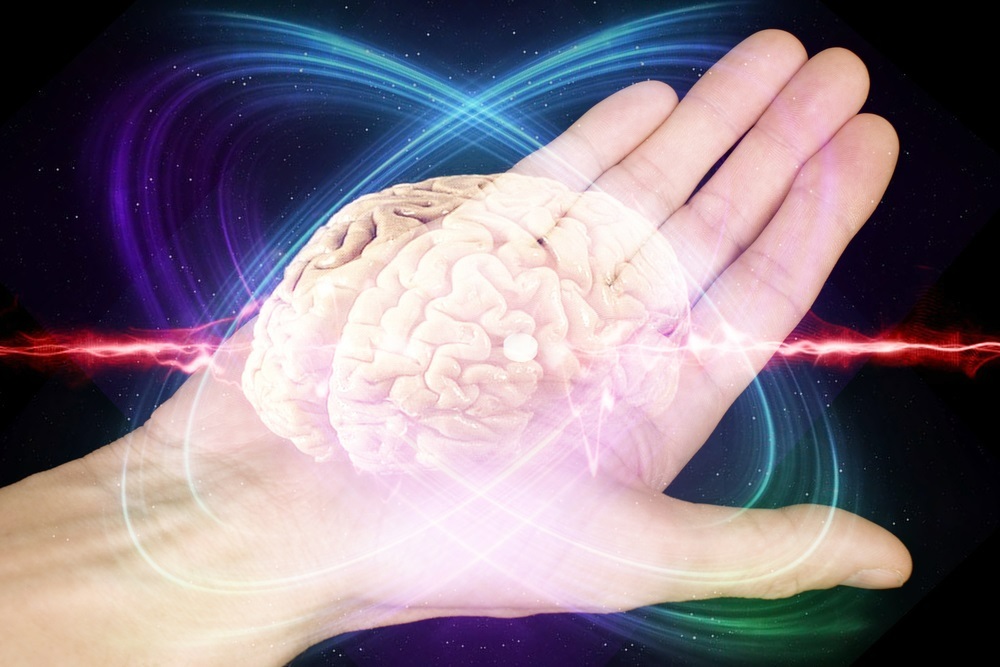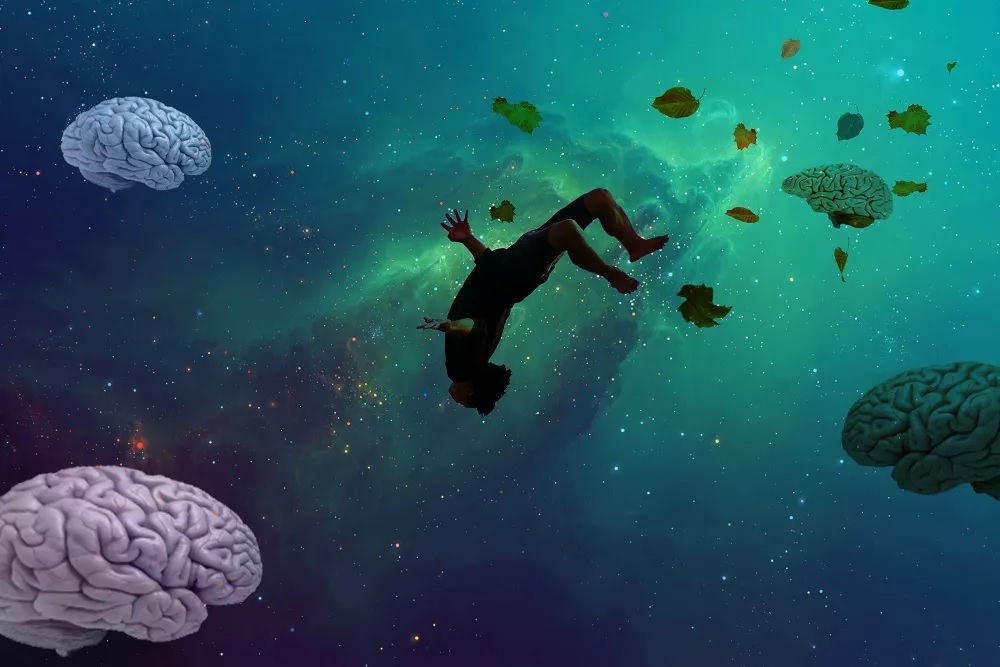Addicts and alcoholics are often fearful about using dreams, especially in early recovery. We drift off to sleep after another day of sobriety, only to find ourselves in a dream about drugs and alcohol. In the dream, we sometimes enjoy our use. Other times, it quickly turns into a nightmare as we commit heinous acts and suffer solemn remorse. At times, we even wake up feeling as if we really just used. This shakes us to our core, sometimes causing us to feel as if we are failing in our recovery and reaching inevitable relapse.
But, we need not fear. Drug dreams in recovery are not uncommon. If fact, in a group of 39,093 addicts, one-third [1] reported having dreams about doing drugs. Since many experience relapse dreams long past the early stages of recovery, they definitely don’t signify failure. Unfortunately, this still leaves open the question of what they do mean? To answer this, allow us to examine a few major theories on the psychology of dreaming itself.
Why Do I Dream About Drugs?

We may experience using dreams for a number of different reasons. In Getting Started in AA, author Hamilton B. lists just a few of them:
“A drinking dream could be a warning. Or it could be wish fulfillment. It could be a helpful reminder of how much your sobriety means to you. Or it could be something else. Tell your sponsor about it and share the dream in your next AA [2] meeting.”
Each of these possibilities carries equal weight. Because, unfortunately, dreams tend to present us with more questions than answers. We know that they spring largely from the subconscious. Aside from this however, we know very little. Some people use their dreams to solve problems, such as the dream that helped chemist Dmitri Mendeleev develop the periodic table of elements. Others dream of issues that trouble them, such as a dream in which Winston Churchill’s father refused to acknowledge his son’s success. Then again, some dreams appear to mean nothing at all.
Dreams serve a wide variety of purposes, from threat simulation to memory enhancement. Based on the threat simulation theory [3], using dreams allow us to encounter our triggers in the dream world before tangling with them in our waking life. Alternatively, the activation-synthesis hypothesis [4] proposed by Hobson and McCarley suggests that dreams simply help us to understand our emotions better.
Activation-Synthesis Hypothesis Explained
Arianna Huffington addresses this hypothesis in The Sleep Revolution:
“According to this theory, the circuits in the brain stem activate when REM sleep begins. This in turn triggers activity in the limbic system of the brain, which is involved in a range of functions, including emotions, memories and behaviors. During waking hours, these brain structures help us register and understand our environment. But during sleep, the brain is reacting to internal signals, and without external stimuli for context, it turns to our emotions and memories to create meaning.”
In other words, dreams help us to better understand our subconscious. If we accept this theory, it follows that using dreams specifically help us to make sense of our addiction. When we dream about drugs and alcohol, we dive into the part of our brain that controls our addict behaviors. We see what makes us tick when our addict thoughts are left to govern themselves, free of outside influence.
This still leaves open the question of what, specifically, these using dreams tell us about ourselves. To answer this, we may look at two broad schools of thought regarding the nature of dreams. One stems from Freudian psychology, the other from Carl Jung.
Freud’s Theory on Dreaming

Sigmund Freud often focused on repression, and the theory he proposes in The Interpretation of Dreams follows a similar theme. In this theory, dreams represent subconscious thoughts that receive little expression in our waking life. Whether fears or desires, we often push certain thoughts out of our conscious mind. When we fall asleep, these thoughts then take the spotlight. But while these thoughts live primarily in the subconscious, they still take an important place in our overall frame of mind. Freud writes:
“The dream is a psychic act full of import; its motive power is invariably a wish craving fulfillment; the fact that it is unrecognizable as a wish, and its many peculiarities and absurdities, are due to the influence of the psychic censorship to which it has been subjected during its formation. Besides the necessity of evading the censorship, the following factors have played a part in its formation: first, a need for condensing the psychic material; second, regard for representability in sensory images; and third (though not constantly), regard for a rational and intelligible exterior of the dream-structure.”
To summarize Freud’s theory on dreaming, our using dreams in recovery begin as a wish. Perhaps we doubt our sobriety and wish to relapse. Or perhaps we wish to stay sober but fear that we cannot. Either of these thoughts may disturb us enough for us to repress them, refusing to give them proper attention. The wish must therefore evade censorship by expressing itself in using dreams.
Why drug dreams? Because they allow us to condense a larger wish, which in this case pertains to our overall lifestyle. The sensory images provided by using dreams allow for easy expression of the wish to use. Or they express the fear of relapse, if we wish to stay sober. Either way, these using dreams allow us to not only understand our addiction, but our recovery as well.
We’ll discuss further the analysis of using dreams below. First, however, allow us to take a look at Jung’s take on dreams and what they mean for our subconscious.
Jung’s Theory on Dreaming

While Jung did not disagree with Freud’s interpretation, he believed dreams transcended the limits of repression alone. We find in Collected Works an essay on dreams, in which Jung states the following:
“Dreams may contain ineluctable truths, philosophical pronouncements, illusions, wild fantasies, memories, plans, anticipations, irrational experiences, even telepathic visions, and heaven knows what besides.”
From this view, we can take away the same message as inferred from Hamilton B. in Getting Started in AA - that dreams express a wide variety of purposes. Our using dreams might represent little more than illusions, carrying no meaning whatsoever. On the other hand, they might represent visions of our future.
Since Jung believed dreams served many purposes outside of repression, he did not take Freud’s stance on dream analysis. Rather than believing the key to dream interpretation lies in the forgetting, he believed many dreams spoke for themselves. If we recoil at our using dreams, we may take this as a good sign. But if we find ourselves responding to our using dreams with joy or nostalgia, this might indicate an oncoming relapse if we don’t adjust our attitude.
Only a Dreamer Can Understand Their Dreams
Many will inevitably find Jung’s take on dreaming a bit more accessible. It calls for little in the way of analysis, depending rather on intuition. Jung saw the dream as its own interpretation, as written in the Talmud. The dream represented not fear or desire alone, but instead a broader reflection of our collective unconscious. To turn to a dream interpretation guidebook would be an act of folly, for to do so would be an attempt to separate the dream from the dreamer, as if the symbols in our dreams could have an objective meaning outside of what we give them.
American mystic Edgar Cayce, known as the Sleeping Prophet, believed that interpreting dreams in the Jungian manner helps us to better manage our waking life [5]. When we interpret dreams based on how they make us feel, we may see reflections of relationship dynamics, opportunities that lie before us, problems that may pose danger in the near future, and the potential to expand our overall consciousness. He even believed that dreams reflected our physical bodies, which one may take as an indication that using dreams - the ones in early sobriety, at least - simply occur as the body begins to overcome post-acute withdrawal.
Dealing with Using Dreams

Both Freud and Jung believed that we could utilize our dreams to better understand ourselves. If we follow Freud’s theory on dream interpretation, we should focus on the details we find most memorable. When addressing the issues one encounters in trying to remember forgotten dream fragments, Freud writes:
“All the dream-content that has been lost by forgetting can often be recovered by analysis; in a number of cases, at all events, it is possible to discover from a single remaining fragment…the whole of the dream-thoughts.”
As we ruminate on our using dreams, we may remember bits and pieces we’d forgotten upon waking. When this happens, Freud believes that we should pay careful attention. If we believe his theory of psychic censorship, the dream fragments we repress most heavily sometimes hold the greatest meaning.
“This part of the dream that has been wrested from forgetfulness is always the most important part. It lies on the shortest path to the solution of the dream, and for that very reason it was most exposed to the resistance.”
Taking a Deeper Look
We can then look at these dream fragments and assess the fears or wishes expressed therein. Perhaps we’ll learn of a possible threat to our sobriety, a lingering trigger wreaking havoc on our subconscious yet almost entirely unnoticed in our waking life. Of course, we may follow Jung’s advice and base our interpretation on the feelings we associate with the dream rather than the symbols therein.
When we do this, we may actually find solace in the fact that our using dreams bother us. As written in Living Sober:
“Probably, it’s a good thing that we find ourselves shook up and miserable at the notion of drinking, even in a dream. Maybe this means we are really beginning to get the idea, deep down in our bones, that drinking is no good for us. Sobriety is better, even to dream about.”
In other words, we need not worry too much over our using dreams unless we find ourselves enjoying them. Even then, we need only take a look at this and adjust our attitude accordingly to ensure that we do not pine too much over our imagined use during our waking hours. If we obsess over our using dreams, we may begin to consider acting them out.
So What To Do About Relapse Dreams?
The best course of action is to simply tell our sponsors, share about our dream at a meeting or with a few friends, process our feelings and move on. If we identify changes that must be made in our waking life, we make them and continue about our everyday life. Once we conclude our self-analysis and adjust our waking life if needed, there’s nothing further we need to do. Life is too short for us to allow our dreams to intrude upon our waking hours. The moment we arise in the morning, we have other dreams to pursue! We’ll never reach them if we waste our time looking backward at our nocturnal visions.
Can you see the sun breaking over the horizon? Rise to meet it! You’ll have all night to play among the stars and interpret whatever messages they may bring. But the daytime is for living life to the fullest, and sobriety gives you a new opportunity to do just that. Don’t spend it stressing over illusory fears of things that didn’t really happen.
Avenues Recovery Are Here To Help
If you or a loved one are struggling with addiction, or grappling with any daytime or nocturnal dream about drugs, Avenues Recovery can help. As leaders in addiction rehabilitation, our trained staff and unparalleled facilities can accommodate every unique need our clients face. With detox and treatment programs all over the USA, contact us today to see how we can best support you on your journey toward recovery.
Sources
[2] www.aa.org
[4] dreamstudies.org


